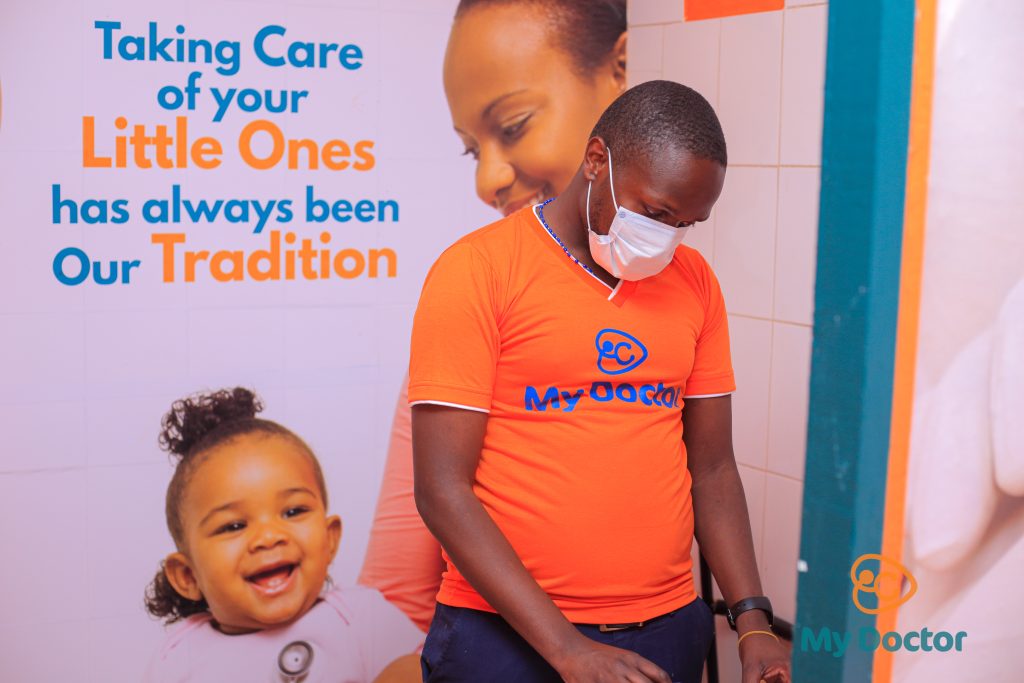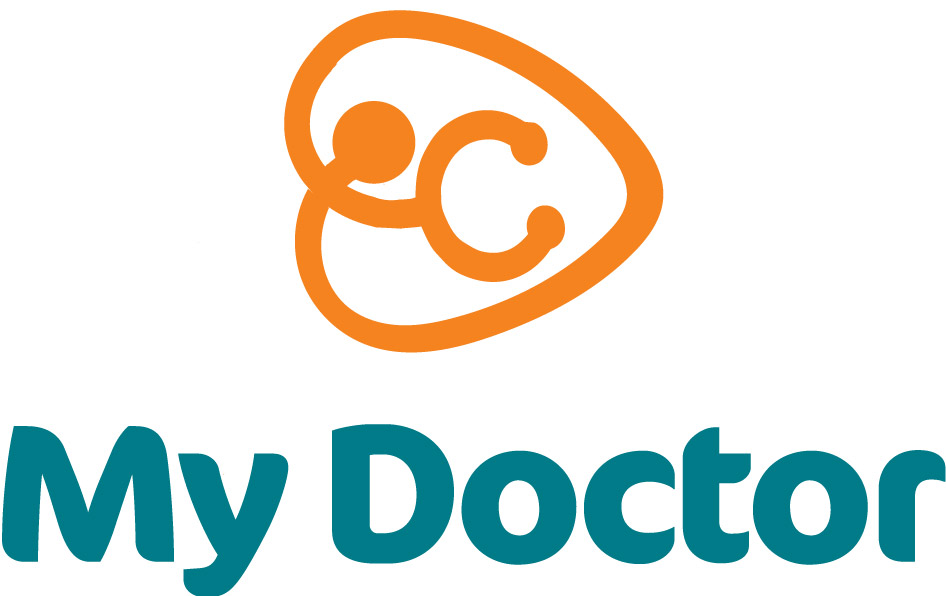
What is Circumcision?
Circumcision is the removal of the foreskin covering the glans from an adult or baby boy’s penis by surgery. Circumcision offers several health benefits, including decreased risk of urinary tract infections. Males of all ages can be circumcised. Most circumcised penises heal within a week.
Babies are usually circumcised shortly after birth, but the practice began as a religious rite. Today, many people circumcise their sons for religious, medical, and cultural reasons. Many baby boys are circumcised shortly after they are born.
Safe Male Circumcision
SMC is the surgical removal of the foreskin of an uncircumcised penis in a health facility by trained medical personnel. At My Doctor, we provide safe male circumcision services for male adults, infants and babies at affordable prices.
What is the foreskin?
The foreskin is a flap of skin that covers the glans of the penis. In newborn boys, the foreskin is attached to the penis. Over time, the foreskin separates from the head of the penis and becomes retractable. Sometimes, the foreskin becomes too tight to retract and won’t slide back over the penis head. This is condition is called phimosis. Usually, phimosis can be treated by either further interventions or circumcision.
How common is circumcision?
Among males, circumcision is the most common surgery. Around the world, about one-third of all males are circumcised. The highest rates of circumcision are found in the United States, Middle East and South Korea. Jews and Muslims traditionally have performed circumcision as part of their religions.
When are most circumcisions done?
A baby usually gets circumcised a day or two after birth, in the hospital. It’s best to have it done as soon as possible. Delaying the circumcision procedure makes it riskier.
Who performs a circumcision?
The urologists, obstetricians and pediatricians at My Doctor do circumcisions. My doctor’s healthcare providers are well trained and perform circumcision expertly.
What happens before a circumcision?
My Doctor’s expert healthcare provider may prescribe acetaminophen to help with pain relief. Before the procedure, a person who is authorized to perform circumcisions will:
- Have the baby lie on his back. They would ask a male adult to do the same.
- Restrain the male’s arms and legs to ensure that he doesn’t flail during the procedure.
- They will perform a thorough cleaning of his penis.
- Apply an anesthetic to the male so that he won’t feel pain during the procedure.
PROCEDURE DETAILS
What happens during a circumcision?
The person performing the circumcision will:
- Pull the foreskin away from the head of the penis.
- Using a scalpel, the doctor removes the foreskin.
What happens after a circumcision?
After the foreskin is removed, ointment is applied and gauze wrapped around the penis.
How long does circumcision take?
The procedure is completed in approximately 20 minutes.
Is circumcision painful?
As with any surgery, circumcision can be painful. But pain medications and anesthetics can make the procedure more comfortable. These can ease the procedure and help relieve pain afterward.
RISKS / BENEFITS/ ADVANTAGES
What are the risks associated with circumcision?
Circumcision is a safe and routine procedure. There are some drawbacks to surgery, however. They include:
- Pain.
- Cutting the foreskin too long or too short.
- Irritation on the tip of the penis.
- Bleeding.
- Infection.
- Reaction to anesthesia.
- Meatitis (inflamed opening of the penis).
In very rare cases, the foreskin doesn’t heal well and becomes stuck to the end of penis (penile adhesion). If that occurs, the male may need to undergo another surgery.
What are the advantages of circumcision?
Circumcision can offer numerous health benefits. Not only does it help aspects of men’s overall health, but it can improve hygiene. A circumcised penis is easier to keep clean, especially for children.
The health benefits of circumcision include a lower risk of:
- Reduced Sexually transmitted infections: Men who are circumcised have a reduced risk of acquiring certain STIs, including HIV.
- Urinary tract infections: Uncircumcised males are more susceptible to urinary tract infections.
- Certain penis conditions: · These penile disorders include balanoposthitis (inflammation of the glans and foreskin), paraphimosis, and phimosis when the foreskin gets stuck out of place.
- Reduce the risk of cervical cancer for partners: Female Sex partners of circumcised men have a reduced risk for cervical cancer.
- Penile cancer: Men who have had a circumcision are less likely to develop cancer of the penis.
Which should not have a circumcision?
My Doctor’s experts will recommend delaying circumcision or not doing it at all if your baby:
- Has medical concerns.
- May require surgical intervention for physical problems with the penis. (Sometimes, surgeons may use the foreskin to correct the problem.)
- Was born prematurely.
RECOVERY AND OUTLOOK
How long does it take to recover from circumcision?
It takes about eight to 10 days for the penis to heal after circumcision. The penis may appear swollen and red as it heals. When you look closely at the tip, you may notice a thin yellow film.
How do I take care of my male’s penis after a circumcision?
The doctor will provide instructions for how to care for your son’s penis. You’ll need to:
- For babies, apply Vaseline whenever you change diapers.
- Use the pain relief recommended by My Doctor’s expert. For infants, include frequent breast-feeding or medications.
- Wash the area gently during healing.
If you are concerned about the way your penis is healing, call My Doctor immediately.
Does circumcision affect fertility or sexual pleasure?
Circumcision does not reduce a man’s ability to father children. However, scientists are uncertain whether circumcision affects sexual pleasure.
WHEN TO CALL THE DOCTOR
When should I call a healthcare provider after a circumcision?
Contact a healthcare provider if you notice any of the following signs that the penis is not healing well:
- Severe and prolonged bleeding that doesn’t stop.
- Leaking with a foul odor.
- If your urinary flow does not resume after 12 hours.
A note from My Doctor.
Circumcision is a common procedure for newborn boys and adult males. There are several advantages to circumcision, including easier hygiene. Circumcision can reduce a person’s chances of getting certain diseases, like urinary tract infections. Because it is a surgical procedure, circumcision has its own set of risks. Our experts can discuss with you the circumcision procedure and if it’s right for your baby or adult male.
